In Matthew 11, we see John the Baptist asking questions from jail on whether or not Jesus is Messiah after making the boldest claims about the Son of God. He struggled with doubt as we all do when expectation of God and His work does not match our reality and desired outcomes.
What do we do with doubt?
From that teaching, I had six observations on Jesus and doubt that I hope are helpful as you wade through the waters of your own doubt.
Our doubts don’t discredit Jesus.
Jesus is secure. When we struggle with doubt, it is tempting to think the world is crumbling and all the foundations are cracking and shaking, or that we can’t go to God with them. To the contrary, Jesus is really ok with us coming to Him.
Our doubts don’t drive Jesus away.
Jesus is safe. The doubts of John don’t push the Savior away, but draw Him closer. The Psalms give us the language of lament in our struggles and show that when our doubts are directed to God in prayer, they are heard and safe there. (See Psalms 10, 30, 42, 43, and the entire book of Lamentations!)
Our doubts need a greater story.
Jesus anchors John (and us) in the story of scripture. As he addresses John’s disciples, he doesn’t give them arbitrary info, but re-tells the story of scripture and specifically how the prophets pointed toward what Messiah would be and do, and how the whole thing centers on Him. When the waves of doubt come, the story of scripture with Jesus as center still serves as an anchor for our souls.
The answer to doubt is God. The answer to our questions about tithing, membership, gender roles, politics, sin, and any other aspect in life that gives us pause, is God. The blight of our generation is that we believe we are god. - Lore Ferguson Wilbert
Our doubts need patience, questions, and community.
All these are foreign to the air we breathe today. We want instant. Certainty. Individuality. Yet we know that no man is an island, and we are wired for community. A constant refrain through the Bible is to “wait on the Lord.” It’s been said that we need to “doubt our doubts” and ask what’s underneath them. This isn’t to be done alone, but with trusted community that won’t be alarmed, but patient in the process.
“Feelings are indicators, not dictators. They can indicate where your heart is in the moment, but that doesn't mean they have the right to dictate your behavior and boss you around. You are more than the sum total of your feelings and perfectly capable of that little gift . . . called self-control.” - Lysa TerKeurst
Jesus addresses what’s underneath our doubts.
This can be the most sobering aspect of dealing with doubt. Anne Lamott once said, “Expectations are resentments waiting to happen.” Often doubts reveal where we’ve put our faith, hope, and rest in people or places where they never belonged. Jesus goes to our heart to reveal what’s there and offers us an unshakeable foundation to build our lives upon, rather than circumstances, situations, or particular outcomes. When we place our hearts into His hands, there is strength that can be found there.
“A faith without some doubts is like a human body without any antibodies in it.” - Tim Keller
There’s still blessing and invitation in our doubts.
Through Matthew’s gospel, Jesus continually invites those struggling to come to Him for rest, hope, and life. Placing our doubts in the good hands of Christ may not answer all of our questions but it can give us the next step forward in trust and faith. One Psalm closes with this, “I would have lost heart, unless I had believed that I would see the goodness of the Lord In the land of the living. Wait on the Lord; be of good courage, and He shall strengthen your heart; wait, I say, on the Lord!” (Psalm 27: 13-14, NKJV)
The way of trust is a movement into obscurity, into the undefined, into ambiguity, not into some predetermined, clearly delineated plan for the future. The reality of naked trust is the life of the pilgrim who leaves what is nailed down, obvious, and secure, and walks into the unknown without any rational explanation to justify the decision or guarantee the future. Why? Because God has signaled the movement and offered it his presence and his promise. - Brennan Manning
Our doubts don’t have to drive us to despair and deconstruction, but even if they do, the God of all valleys meets us there with His promise and presence.
